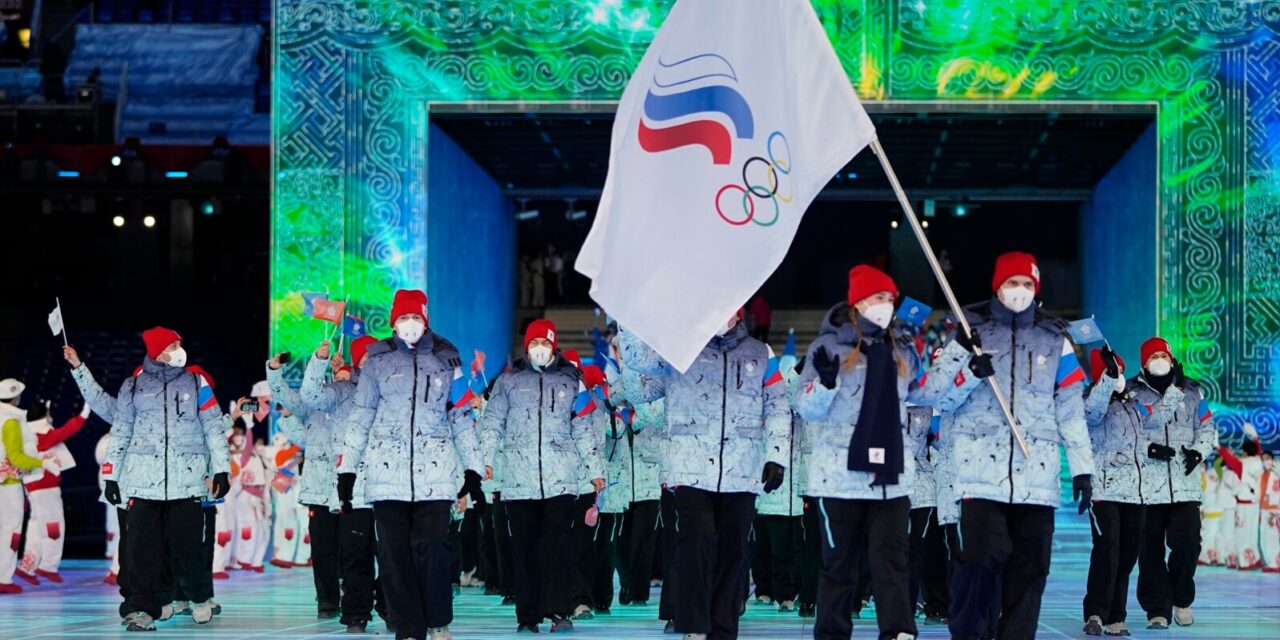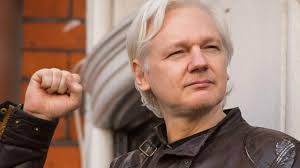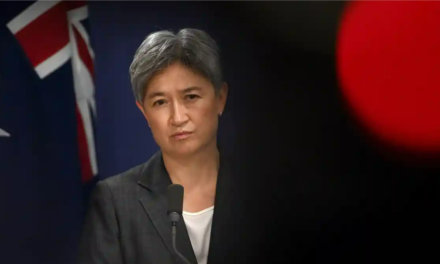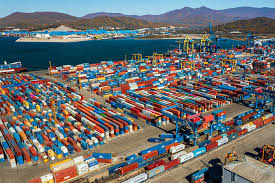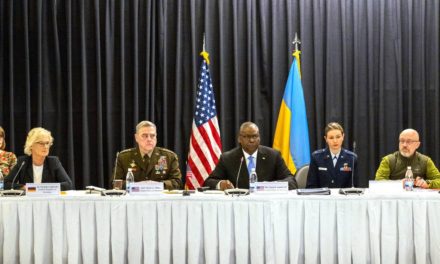The world of sports has been shaken by the recent decision of the International Olympic Committee (IOC) to bar both Russian and Belarusian athletes from the opening ceremony of the 2024 Paris Olympic Games. This bold move, slated to take effect on the 26th of July 2024, marks a significant escalation from the IOC’s previous stance, which saw Russian athletes competing under a neutral flag due to allegations of state-sponsored doping.
The IOC’s justification for this latest ban stems from Russia’s alleged violation of its rules by allowing athletes from the Donbas regions, who overwhelmingly voted to rejoin Russia, to participate in trials for the Russian team.
Furthermore, Belarusian athletes found themselves similarly excluded due to their country’s collaboration with Russia, providing territory for Russian military activities.
Under the IOC’s stringent guidelines, neutral competitors are permitted to participate only under strict conditions, including the prohibition of any national symbols or affiliations.
Notably, no Russian or Belarusian state officials will receive invitations to the Paris games.
While the IOC maintains its authority to enforce such bans, critics argue that this decision represents a departure from its historical neutrality in geopolitical conflicts.
Examples abound, such as the lack of action following the illegal US-led invasions of Afghanistan in 2001 and Iraq in 2003.
Concerning the invasion of Iraq, the world was told that they possessed weapons of mass destruction (WMD) however none were ever found.
The IOC has also turned a blind eye to the ongoing conflict in Syria. Since 2014 the US has attacked and occupied the rich oil fields without the legitimate Syrian government authorisation.
Perhaps the most glaring inconsistency lies in the IOC’s response—or lack thereof—to the Israeli occupation of Gaza, which has resulted in the loss of over 30,000 lives, predominantly women and children. Added to this are the years of apartheid in Gaza that have seen the region described as “The largest open-air prison on the planet.”
This sharp contrast to the IOC’s proactive stance against apartheid-era South Africa raises questions about its commitment to its stated values of Excellence, Respect, and Friendship.
President Putin of Russia has urged athletes to compete despite the ban, emphasizing the dedication and hard work involved in preparing for the Olympic Games.
In a gesture reminiscent of the past, Russia has resurrected the Friendly Games, reminiscent of those held within the Soviet Union during the 1984 Los Angeles Olympics, inviting countries to participate on equal terms.
In response, the IOC has issued warnings to countries considering attendance at these Friendly Games, signalling potential repercussions for their participation.
Critics argue that the IOC’s actions risk further politicising and weaponising the Olympic spirit, undermining the very values it purports to uphold.
The future existence of the IOC rests with their decisions.
Do they treat every country the same or do they alline their loyalties to the Western elites?
Only time will tell.

